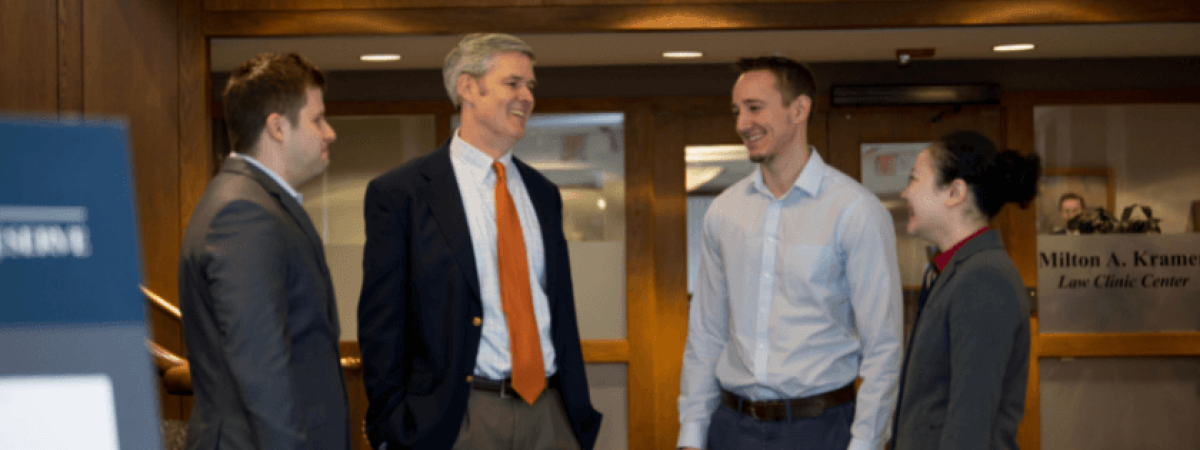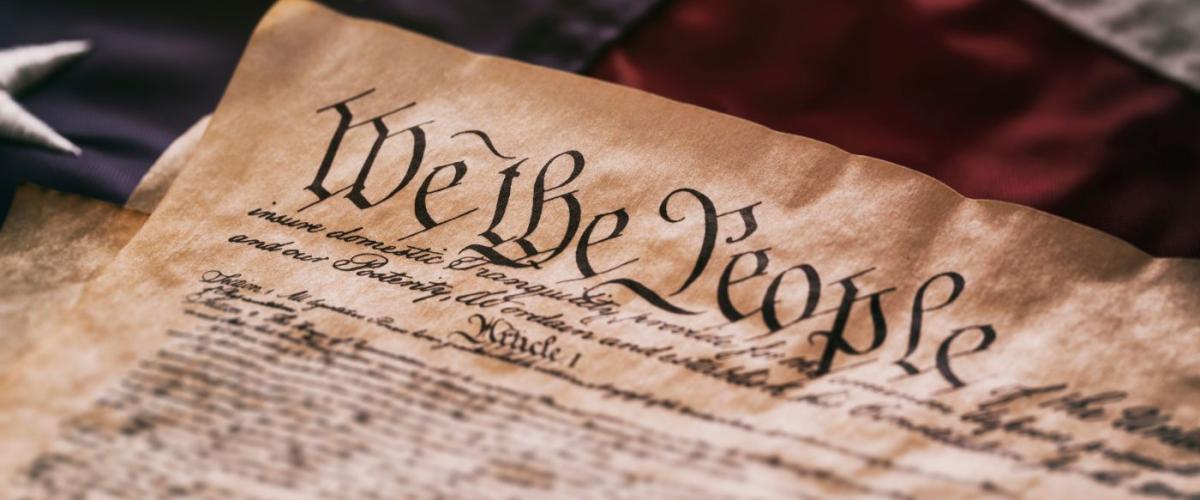Consistently ranked one of the top law schools for practical training (#5 in the Spring 2022 issue of preLaw magazine), CWRU School of Law has long recognized that training students to be practice ready is at the heart of what a law school does.
LLEAP, our legal writing program, is the foundation of our experiential curriculum. LLEAP stands for “Legal Writing, Leadership, Experiential Learning, Advocacy, and Professionalism.” The name denotes our holistic approach to training students how to develop their professional identities, represent clients, and be valuable members of the legal community.
“Experiential learning is in the DNA of Case Western Reserve University School of Law,” Co-Dean Michael Scharf says.
The law school devotes extraordinary resources to teaching students how to be excellent practitioners. Students take six credit hours in their first year and three in their second. The first-year course includes the fundamentals of legal analysis and writing, including transactional drafting. The second-year course is in a litigation or transactional setting, and students work through a case or deal from beginning to end—just as a junior attorney would in practice.
Professor Matthew Rossman, who heads the law school’s Community Development Clinic, said the transactional writing and analytic skills that students gain from LLEAP allow him and his clinic students to spend more time on advanced legal tasks and client handling skills. “I wanted to teach at CWRU in part because I knew the LLEAP curriculum meant we could take clinic students' practice readiness to an even higher level, better equipping them to both compete on the job market and graduate ready to serve clients,” Rossman said.
A full-time faculty member teaches each LLEAP course. In addition, adjunct professors who are practicing attorneys teach two simulation modules per semester. In total, the LLEAP faculty is composed of seven full-time faculty members, one fellow and 17 adjunct professors. Learn more about the LLEAP program.





